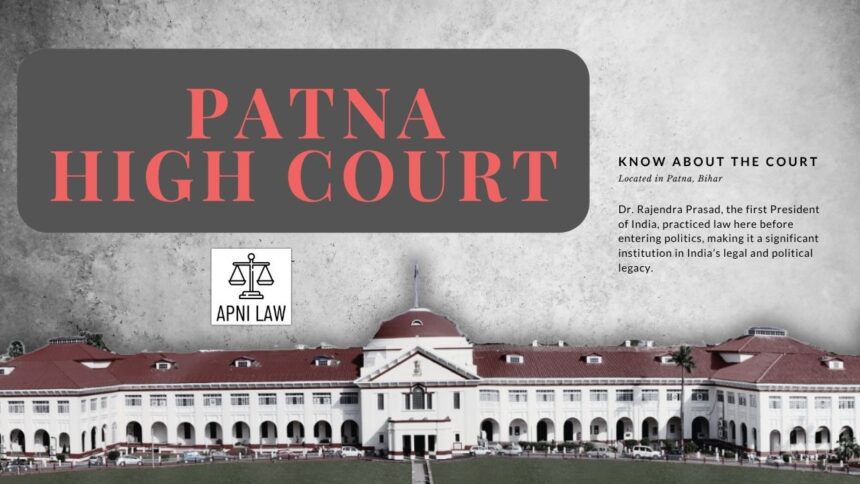Introduction
The judgment is Nilendra Kumar Karan v. State of Bihar. The Patna High Court refused anticipatory bail. The case involved possession of codeine‐based cough syrup under the NDPS Act. The verdict had come in saying codeine‐based cough syrup can qualify as a controlled substance under the NDPS Act. Justice Jitendra Kumar delivered the judgment.
Facts of Case
Security forces of the SSB intercepted a silver Tata Indigo Manza. It was travelling from India toward Nepal. They found 40 bottles of a cough syrup called Oxerex under a seat. Each bottle was 100 ml. The syrup contained Codeine Phosphate and Triprolidine Hydrochloride. They seized a mobile phone, two SIM cards, and the vehicle too. The petitioner had earlier sought anticipatory bail in the Special NDPS Court in Madhubani. That court denied bail. It held that the 40 bottles fell within the legal definition of “commercial quantity” under earlier Supreme Court precedent Hira Singh v. Union of India (2020). The prosecution had witness statements supporting their case.
What the Court Says
The High Court emphasized that bail under Section 37 of the NDPS Act is strictly circumscribed. The Court said that refusal of bail should be the norm and grant of bail should be the exception. The court held that even with less than 2.5% codeine concentration, possession in commercial quantity brings the case within the NDPS Act. It found that when one includes the neutral substances, the total weight of the seized syrup satisfied the “commercial quantity” criteria under the relevant Notification (dated October 19, 2001). The court enforced twin conditions under Section 37, first, the court must be satisfied that there are reasonable grounds to believe the accused is not guilty, second, the accused must not likely commit an offence while on bail. Both conditions must be satisfied together. The petitioner did not meet these conditions. So the court dismissed the bail plea.
Implications
This judgment reinforces that codeine‐based cough syrup can qualify as a controlled substance under the NDPS Act if present in commercial quantity. It clarifies that even small percentage concentrations do not exempt the substance from being treated seriously when the total weight crosses thresholds. The decision underscores strictness in granting bail in NDPS cases. Courts must strictly apply Section 37’s twin conditions. This ruling may deter unauthorised transport of such medicines. It may also guide lower courts in similar bail applications under NDPS.
For any specific query call at +91 – 8569843472
Conclusion
In Nilendra Kumar Karan v. State of Bihar, the Patna High Court denied anticipatory bail. The Court applied Section 37 of the NDPS Act strictly. It held that the seized cough syrup amounted to “commercial quantity.” It reinforced that bail is an exception, not a rule. The Court’s decision strengthens legal control over unauthorized possession of codeine‐based medicines.








